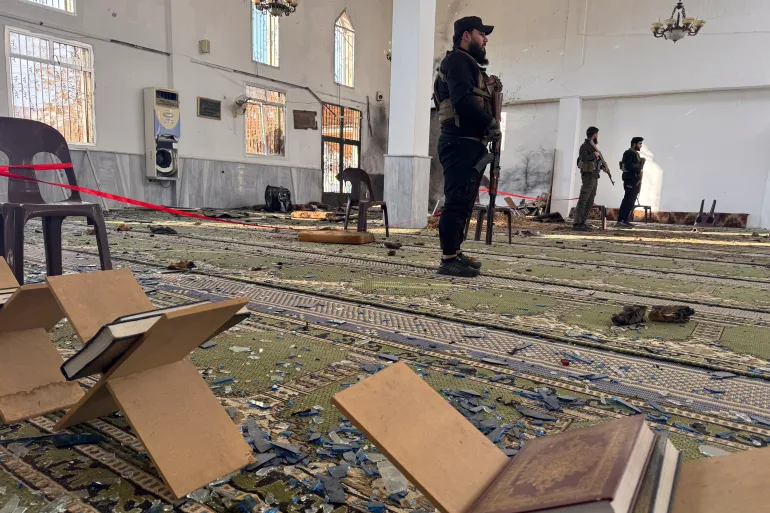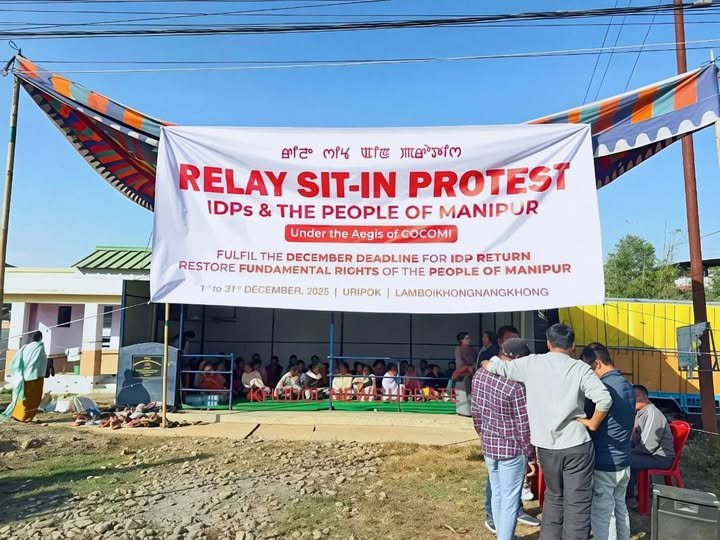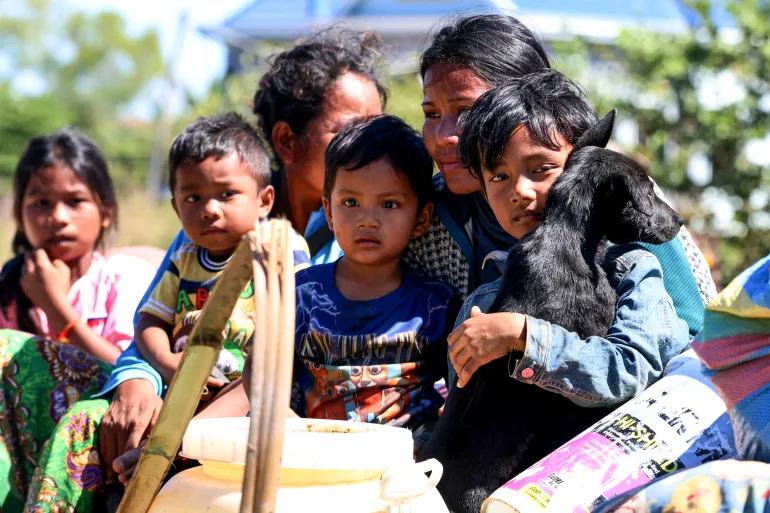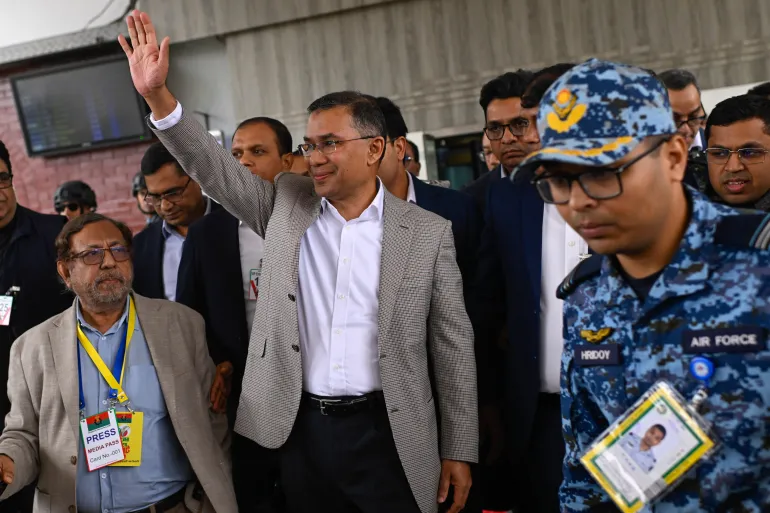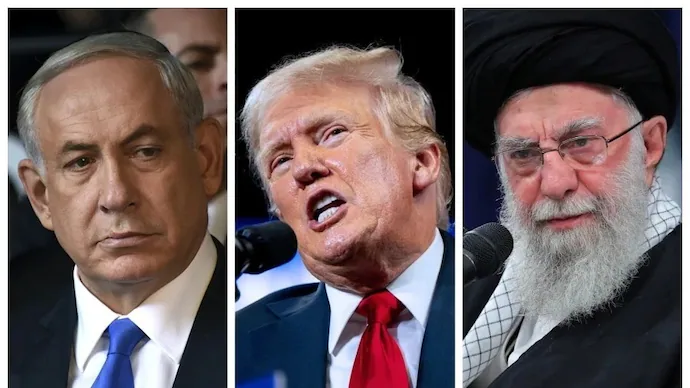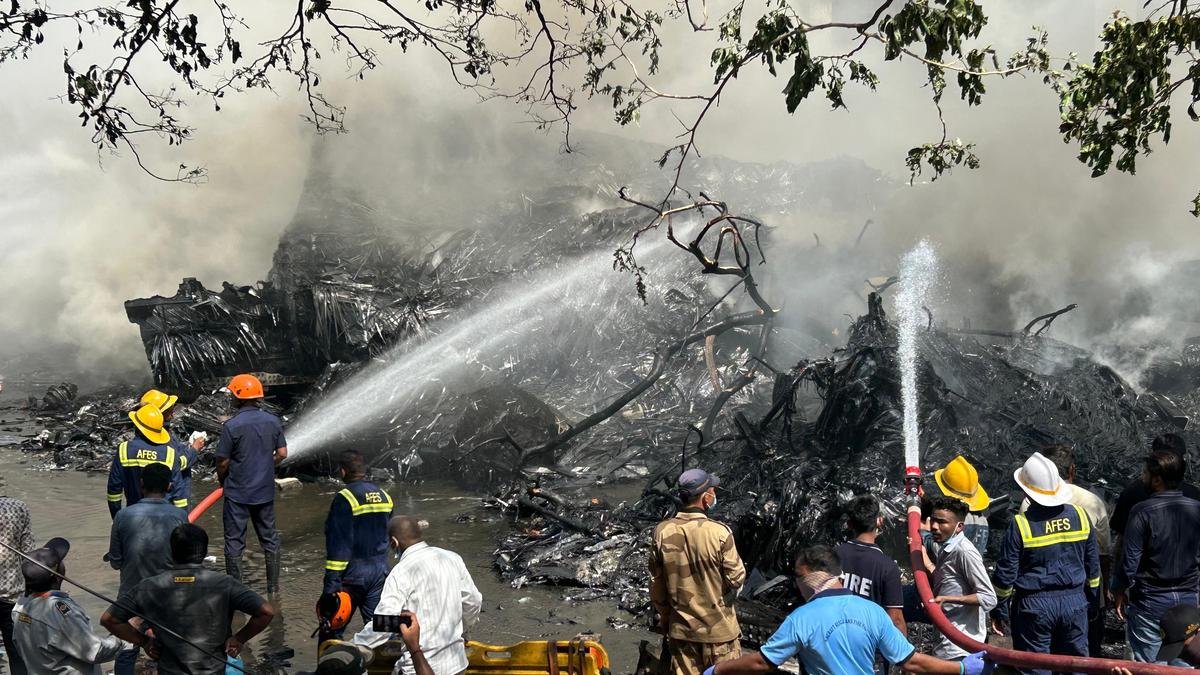Manipur Civil Society Delegation Meets Centre in Delhi, Presents 12-Point Peace Agenda
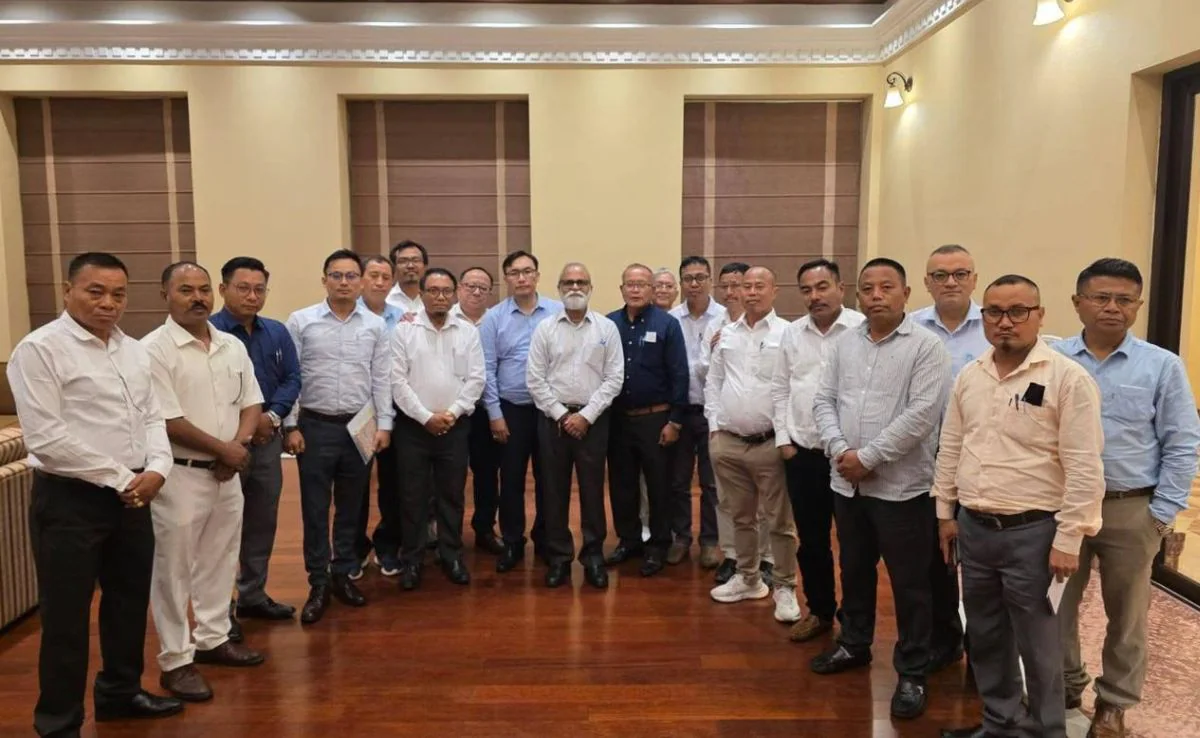
In a significant development aimed at ending more than a year of ethnic violence in Manipur, a high-level delegation of 19 representatives from three influential Meitei civil society organizations—Coordinating Committee on Manipur Integrity (COCOMI), All Manipur United Clubs’ Organisation (AMUCO), and Federation of Civil Society Organisations (FOCS)—held talks with senior officials of the Ministry of Home Affairs (MHA) in New Delhi. The discussions, led by MHA Adviser on Northeast Affairs A.K. Mishra and IB Joint Director Rajesh Kamble, lasted several hours and focused on a structured roadmap to restore peace and security across Manipur.
The meeting marked the first time since the May 2023 outbreak of violence that the three major Meitei groups jointly met central officials in Delhi. The delegation presented a comprehensive 12-point charter of demands, underscoring the urgency of concrete measures from the Centre.
First and foremost, the groups reiterated that Manipur’s territorial integrity is non-negotiable, rejecting any attempt to divide or alter the state’s boundaries. They warned that proposals for separate administrative arrangements or buffer zones in the state’s hill districts would not be acceptable to the valley’s majority community.
They also demanded that the government guarantee free movement along highways, particularly National Highways 2 and 37, which have been intermittently blocked by armed groups and protests since the onset of violence, effectively cutting off the state’s lifelines.
A critical demand was the phased, time-bound resettlement of over 50,000 internally displaced persons (IDPs) who have been living in relief camps for more than a year. The delegation stressed that these IDPs must be returned to their original homes by the end of 2025 through a transparent government-supervised process.
The groups called for a swift inquiry into the “Gwaltabi incident,” in which the word “Manipur” was reportedly defaced on a state run bus, a controversy that they argue symbolizes attempts to delegitimize Manipur’s territorial identity.
Another major point raised was the protection of farmers living along the valley-hill borders, who face threats of attack while tending to their fields, especially during the current kharif planting season. The delegation urged the government to deploy adequate security forces in these sensitive areas to enable farmers to resume livelihoods safely.
They voiced strong opposition to any extension of the Suspension of Operations (SoO) agreement with armed Kuki-Zo insurgent groups unless all stakeholders including valley-based civil bodies were consulted and a consensus reached. The groups alleged that militants under SoO were still active in attacking civilians and seizing territory.
The delegation also pressed the Centre to implement an NRC-like exercise in Manipur, citing fears of illegal immigration through the porous Indo-Myanmar border, which they argue has altered the state’s demographic balance.
They proposed that future rounds of dialogue be held in Imphal, involving all communities and political representatives, to create a sense of ownership over the peace process among local stakeholders.
Further, they demanded immediate humanitarian assistance for IDPs and victims’ families, including food, medicine, and shelter upgrades, highlighting the poor conditions in many relief camps.
The groups raised concerns about the alleged illegal construction of a 343-kilometer road between Churachandpur and Kangpokpi, which they claim has strategic implications for land ownership and ethnic boundaries. They urged the Centre to investigate this issue urgently.
They insisted on enforcement of the rule of law against armed groups violating the SoO and demanded prosecution of those involved in killings, extortion, and road blockades.
Lastly, the delegation called for transparent governance mechanisms to eliminate illegal tax collection by armed outfits, a practice they argue has undermined local economies and faith in the state.
At the end of the meeting, MHA officials assured the delegation that their demands would be taken seriously and appropriate action initiated. Sources present at the talks described the atmosphere as “candid but constructive,” reflecting both the urgency of the situation and a shared desire for peace.
The discussions come amid growing pressure on the Union government to resolve the crisis, with over 260 people killed and thousands displaced since May 2023. The talks are seen as a pivotal moment in efforts to chart a sustainable path toward peace in Manipur, though the success of the roadmap will depend on the participation of all ethnic communities and the effective implementation of agreements on the ground.
The meeting marked the first time since the May 2023 outbreak of violence that the three major Meitei groups jointly met central officials in Delhi. The delegation presented a comprehensive 12-point charter of demands, underscoring the urgency of concrete measures from the Centre.
First and foremost, the groups reiterated that Manipur’s territorial integrity is non-negotiable, rejecting any attempt to divide or alter the state’s boundaries. They warned that proposals for separate administrative arrangements or buffer zones in the state’s hill districts would not be acceptable to the valley’s majority community.
They also demanded that the government guarantee free movement along highways, particularly National Highways 2 and 37, which have been intermittently blocked by armed groups and protests since the onset of violence, effectively cutting off the state’s lifelines.
A critical demand was the phased, time-bound resettlement of over 50,000 internally displaced persons (IDPs) who have been living in relief camps for more than a year. The delegation stressed that these IDPs must be returned to their original homes by the end of 2025 through a transparent government-supervised process.
The groups called for a swift inquiry into the “Gwaltabi incident,” in which the word “Manipur” was reportedly defaced on a state run bus, a controversy that they argue symbolizes attempts to delegitimize Manipur’s territorial identity.
Another major point raised was the protection of farmers living along the valley-hill borders, who face threats of attack while tending to their fields, especially during the current kharif planting season. The delegation urged the government to deploy adequate security forces in these sensitive areas to enable farmers to resume livelihoods safely.
They voiced strong opposition to any extension of the Suspension of Operations (SoO) agreement with armed Kuki-Zo insurgent groups unless all stakeholders including valley-based civil bodies were consulted and a consensus reached. The groups alleged that militants under SoO were still active in attacking civilians and seizing territory.
The delegation also pressed the Centre to implement an NRC-like exercise in Manipur, citing fears of illegal immigration through the porous Indo-Myanmar border, which they argue has altered the state’s demographic balance.
They proposed that future rounds of dialogue be held in Imphal, involving all communities and political representatives, to create a sense of ownership over the peace process among local stakeholders.
Further, they demanded immediate humanitarian assistance for IDPs and victims’ families, including food, medicine, and shelter upgrades, highlighting the poor conditions in many relief camps.
The groups raised concerns about the alleged illegal construction of a 343-kilometer road between Churachandpur and Kangpokpi, which they claim has strategic implications for land ownership and ethnic boundaries. They urged the Centre to investigate this issue urgently.
They insisted on enforcement of the rule of law against armed groups violating the SoO and demanded prosecution of those involved in killings, extortion, and road blockades.
Lastly, the delegation called for transparent governance mechanisms to eliminate illegal tax collection by armed outfits, a practice they argue has undermined local economies and faith in the state.
At the end of the meeting, MHA officials assured the delegation that their demands would be taken seriously and appropriate action initiated. Sources present at the talks described the atmosphere as “candid but constructive,” reflecting both the urgency of the situation and a shared desire for peace.
The discussions come amid growing pressure on the Union government to resolve the crisis, with over 260 people killed and thousands displaced since May 2023. The talks are seen as a pivotal moment in efforts to chart a sustainable path toward peace in Manipur, though the success of the roadmap will depend on the participation of all ethnic communities and the effective implementation of agreements on the ground.
